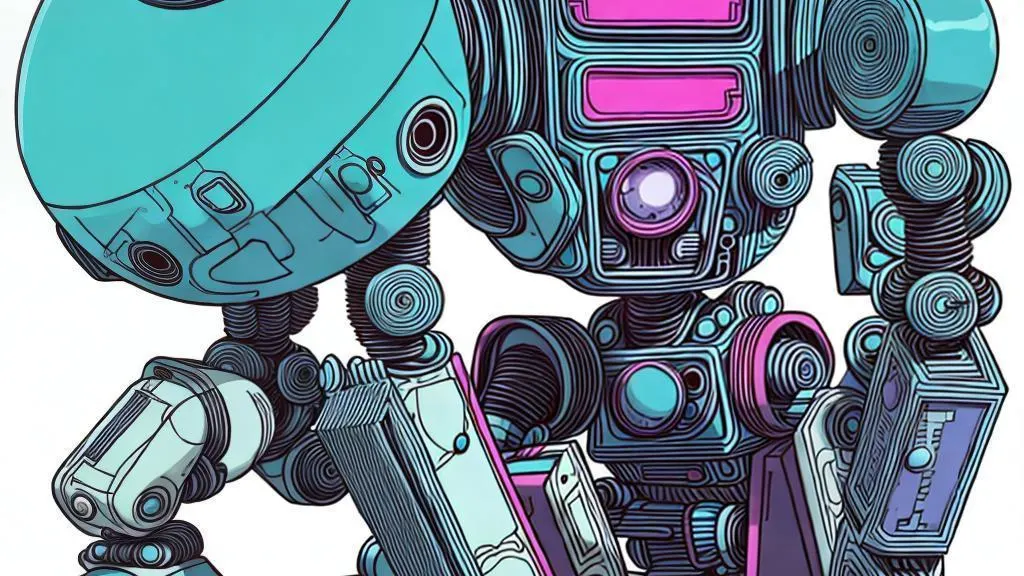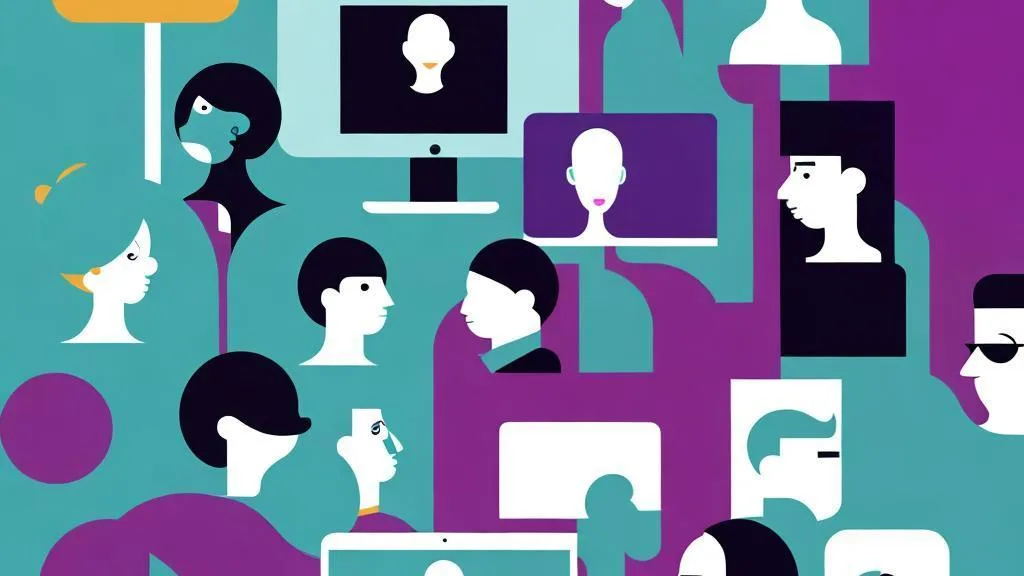how to use chat gpt for marketing
For small business owners, marketing managers, affiliate marketers, and digital entrepreneurs, time is often the …

Artificial Intelligence: Once a figment of science fiction, it is now an everyday reality subtly yet profoundly shaping the landscape of various industries, including content writing. As digital entrepreneurs, affiliate marketers, small business owners, and marketing professionals, you should sit up and note this revolution. The rise of AI content creators may baffle some, intrigue others, and prompt a few into uncapping their 'End-of-days' survival kits. But what does this really mean for human writers? Can machines eventually outwrite us? Let's explore.
But just how good are these automated AI writing tools? Could they potentially replace human writers?
At first glance, the results of AI writing tools might seem impressive. Upon closer inspection, though, it's evident that a machine wrote this content. Despite technological advancements, AI cannot produce the same quality of content that a human writer can provide.
However, this doesn't necessarily mean AI writing is a lost cause. On the contrary, AI writing tools can offer several benefits that human writers cannot match.
AI writing can generate content faster than human writers, making it an excellent resource for businesses that need to publish frequent blog posts or maintain an active online presence. Some of the principal benefits of AI writing tools include:
1. Efficiency: AI tools can generate content in a fraction of the time taken by human writers. This can lead to considerable time savings for businesses.
2. Scalability: AI tools are scalable to any quantity of work. Regardless of how much content a business needs, AI can produce it.
3. Consistency: AI tools can maintain a high level of consistency across all pieces of content, which is sometimes harder for human writers who may have good and less productive days.
4. Multilingual Capabilities: AI tools can generate content in multiple languages, widening the potential audience for a piece of content.
5. Cost-Effective: In the long run, using AI tools can be more cost-effective than hiring a team of writers, as it eliminates salaries, benefits, and other expenses associated with human employees.
A closer look at the copy generated by AI reveals numerous flaws and shortcomings.
1. Lack of Creativity: AI tools can replicate writing patterns and concepts based on the information fed to them but cannot create original content. AI lacks the creativity and originality inherent in humans.
2. Contextual Errors: While AI writing tools are improving, they still make mistakes, especially when understanding context. They may misinterpret the tone or develop incorrect conclusions based on the information provided.
3. Lack of Empathy and Emotional Depth: AI tools cannot express or understand emotions, which is part of effective communication. They cannot capture the writer's feelings, which is critical in storytelling.
4. Factual Inaccuracies: AI cannot fact-check or verify its data and often presents outdated or incorrect information.
Despite the sophistication of modern AI writing tools, they do not possess the emotional intelligence, creativity, or comprehension of cultural nuances and sensitivities that human writers have.
Human writers can craft stories that resonate emotionally with their readers. They can create original ideas and words, something an AI algorithm can't do. Moreover, human writers understand cultural subtleties and regional differences, creating more accurate and nuanced content.
AI is also not adept at adapting to specific requirements or user needs, which human writers excel at. The unpredictability of human thought allows writers to instantly adjust their style and content to cater to their target audience.
Moreover, human-authored content still holds a lesser risk in SEO.
Given these strengths and weaknesses, a more probable outcome than AI completely replacing human writers is a future where AI and human writers collaborate. AIs can automate the more mundane writing tasks, while writers focus on more complex tasks and areas that require their unique human touch.
In fact, some believe that the writer's job will change or even evolve rather than completely disappear. AI can automate specific components of the writing process, making writers more efficient and able to focus on the creative aspects of writing.
Still, writers must adapt and learn to use these tools to their advantage. They may need to focus on developing broader skills that AI tools have a more challenging time replicating. Skills such as critical thinking, creativity, strategy planning, and emotional intelligence are all areas where writers can differentiate themselves from AI tools.
As we navigate this brave new world of AI-generated content, one thing is apparent - it's not all doom and gloom for the humble human writer. While AI unravels immense possibilities, from providing rapid content creation to delivering cost-effectiveness, a complete replacement of human writers is far from the current reality. When it comes to creativity, context interpretation, emotional depth, and fact verification, humans outshine their mechanical counterparts hands down.
The future could see machines stepping in to care for the more mundane tasks, freeing human writers to focus on the exciting, creative aspects of writing and strategy planning. Rather than sounding the death knell for content writers, AI might just reinvent their job descriptions. To stay relevant, writers must evolve, refine their human skills and learn to collaborate with AI tools.
This ongoing transformation within content creation implies that, despite an automated touch, the need for high-quality, unique, human-crafted content continues to escalate. So, breathe a sigh of relief, writers. Your pens are still very much needed in this AI-shaped age.
While AI has indeed made significant strides in content writing, it's clear that it cannot replace human writers entirely. AI and humans will likely work together to create engaging, compelling content. And while the threat to content writers' jobs may seem ominous, those who adapt will continue to play a critical role in content creation.
In this era of rapid technological advancement, staying informed about the latest trends and developments in AI is essential. Thus, embracing AI tools and learning to incorporate them into your writing process can enhance your abilities and make you a valuable asset in the evolving content creation industry.
The roles of content writers may change, but their importance will only increase as the demand for high-quality, unique, and emotionally compelling content continues to rise.
Some other posts you may like

how to use chat gpt for marketing
For small business owners, marketing managers, affiliate marketers, and digital entrepreneurs, time is often the …
August 30, 2023
Read More
Prompt Chaining: Unleashing the Power of AI for Enhanced Learning and Problem Solving
I've always sought techniques to boost learning, improve communication, and solve problems more effectively. Recently, …
August 30, 2023
Read More